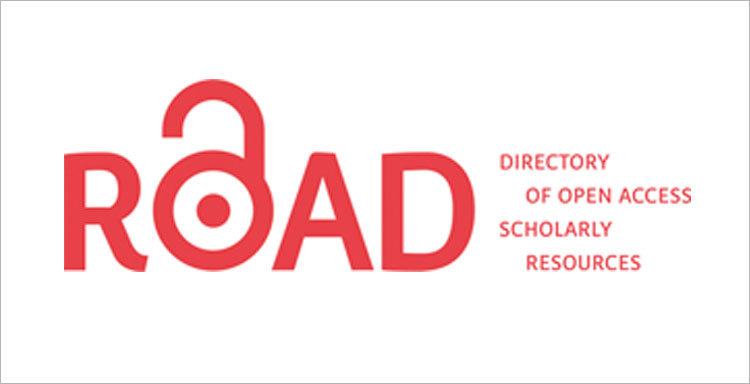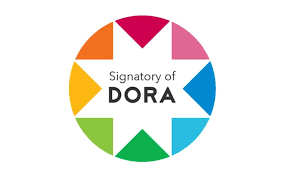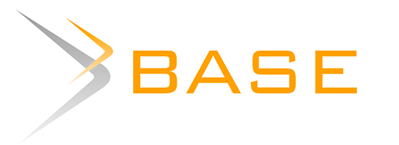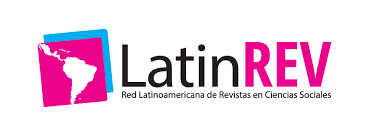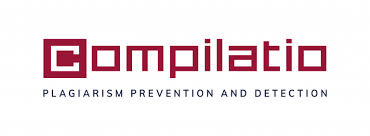Digital registration system for information on workshops and industrial warehouses
DOI:
https://doi.org/10.56124/sapientiae.v7i15.002Keywords:
digital record, agile methodologies, ICT, industryAbstract
The processes of digitizing documents and files generate an optimization in the use of their data, additionally, the reduction of time is essential for MSMEs, these technologies are supporting and optimizing the processes, however, to prevent the technology from generating a technological gap or that users must adapt to the environment, the study presents a process in which the opinions of users and developers are put into interaction for the development of a digital environment, based on the social construction of technology. in surveys and agile methodologies are used in the platform execution process. The environment becomes user-friendly, since the requests made are reflected in the platform, with data entry elements through import and manual entry of inputs and tools, in addition, the development process generates less downtime , since, by having the opinion of the users, who defined that the functionality of the platform must be focused on the administration, user and implements and areas, the communication flow of the platform does not generate false sentences or duplication of activities
Downloads
References
Agencia Metropolitana de Transito AMT, (2024) Ubicación de centros de revisión técnica vehicular, Quito, Ecuador, https://www.amt.gob.ec/index.php/informacion/ubicacion-de-centros/rtv/
Amaro Calderón, S. D., & Valverde Rebaza, J. C. (2007). Metodologías Ágiles. Peru: Trujillo.
Babini, D., Gonzales, J., López, F. y Medici, F. (2010) Construcción social de repositorios institucionales: el caso de un repositorio de américa latina y el caribe. Información, Cultura y Sociedad, 23, 63-90
Campoverde, Campoverde, O., D., Pullas, Espinoza, A. y Sotelo, Reinoso, V., J. (2023) Prototipo web para el registro y control del historial de pacientes en medicina general. UNANCHAY, 2(1)
Comisión Económica para América Latina y el Caribe (CEPAL), Hacia la transformación del modelo de desarrollo en América Latina y el Caribe: producción, inclusión y sostenibilidad (LC/SES.39/3-P), Santiago, 2022.
Comisión Económica para América Latina y el Caribe (CEPAL), Tecnologías digitales para un nuevo futuro (LC/TS.2021/43), Santiago, 2021.
Díaz, R. y Lee, M. 1992. La innovación tecnológica: dos aproximaciones teóricas en competencia. Campos y Varela, ed., Prospectiva Social y Revolución Científico-Tecnológica, 55-71. UNAM-UAM.
Flores, Solorzano, S., (2009) GNU/LINUX desde la construcción social de la tecnología. Reflexiones, 89(1), 87-95
Ministerio de Telecomunicaciones y Sociedad de la Información (2022) POLÍTICA PARA LA TRANSFORMACIÓN DIGITAL DEL ECUADOR 2022-2025. Quito, Ecuador
Molina, Monteros, B., Vite, Cevallos, H. y Dávila, Cuesta, J. (2018) Metodologías ágiles frente a las tradicionales en el proceso de desarrollo de software. Espirales, 2(17)
Picabea, F. y Thomas, H. (2011) Análisis sociotecnico del proyecto de producción automotriz local integrada en la segunda presidencia peronista (1952-1955). CONICET Realidad económica 216

Published
How to Cite
Issue
Section
License
Copyright (c) 2024 Revista Científica Multidisciplinaria SAPIENTIAE. ISSN: 2600-6030.

This work is licensed under a Creative Commons Attribution-NonCommercial-ShareAlike 4.0 International License.

2.jpg)


